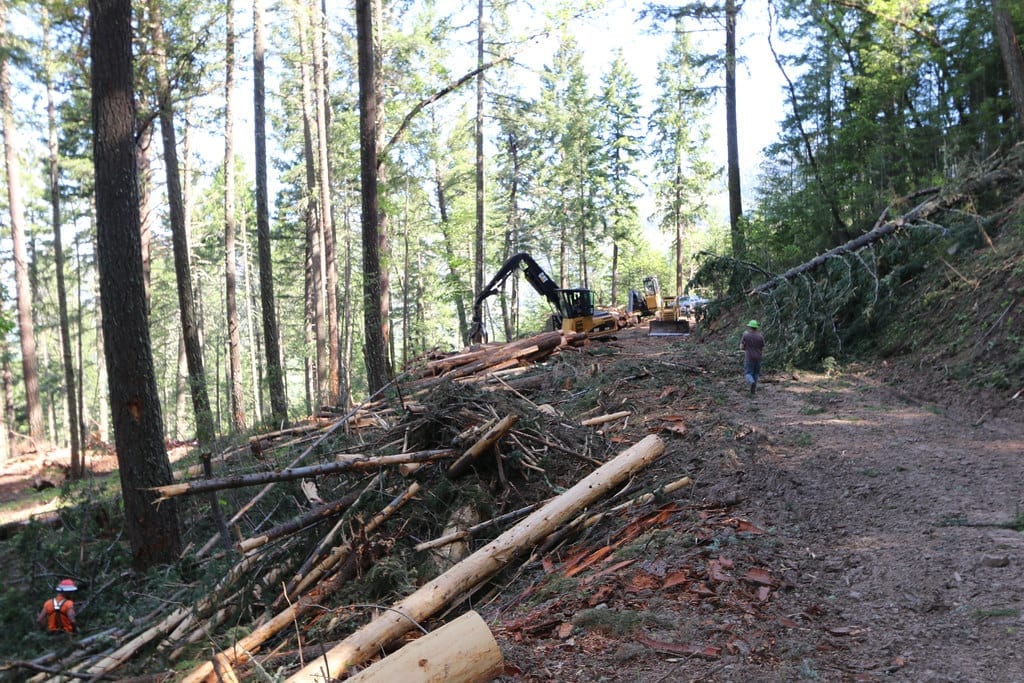
Know the Chain Investor Snapshot on Forced Labor in the Forestry Sector
Timber is the fifth-largest product by value at risk of forced labor imported to the US yet research shows that companies in the forestry sector are failing to address risks of forced labor in their supply chains through their policies and processes.
It is estimated that 13 million workers are employed in the formal forestry sector while another 41 million workers are employed in the informal forestry sector. Much of this work takes place in remote areas where there is a lack of regulatory oversight and where unionization is challenging. In addition to the hazards inherent in logging activities, workers in the sector face exploitative conditions including threats, poor living and working conditions, excessive or unpaid working hours and debt-based coercion. Migrant workers are particularly vulnerable to exploitation as a result of the payment of illegal recruitment fees and related travel or living costs, and having travel documents withheld.
Despite the link between climate degradation and labor rights abuses, exemplified by the destruction of the Amazon as regulatory frameworks continue to break down, the investor focus in this sector has tended to center on deforestation and climate change with companies’ failure to address forced labor risks being left off the agenda.
KnowTheChain’s investor snapshot provides guidance for investors on forced labor risks in the sector, the steps being taken by companies to address these risks, and what actions investors can take.
It assesses 39 of the largest publicly listed companies on their efforts to address forced labor risks in their supply chains, revealing a lack of action being taken by companies to address forced labor in this sector.
Company disclosure shows a disparity between having a supplier code of conduct that includes provisions on forced labor in place (23/39) and having a process in place to address any violations discovered (2/39). Another major gap in company processes is that none disclose engaging with local stakeholders on forced labor or with trade unions to support freedom of association in their supply chains (0/39).
Due to the high risks and the lack of corporate action, investors are urged to conduct human rights due diligence before and during investment in companies in the forestry sector. Investors should probe investee companies on their efforts to ensure that all workers receive full payment of wages and are not charged recruitment fees or related costs, and have grievance mechanisms and remedy processes available to workers in their supply chains. Investors should also pay attention to red flags in corporate reporting, such as a lack of clear expectations with regard to labor rights, a lack of due diligence on high-risk countries, and a lack of implementation of relevant policies and/or strong processes, which may mean that a company is unable to identify any labor rights violations.
Read the investor snapshot here.
